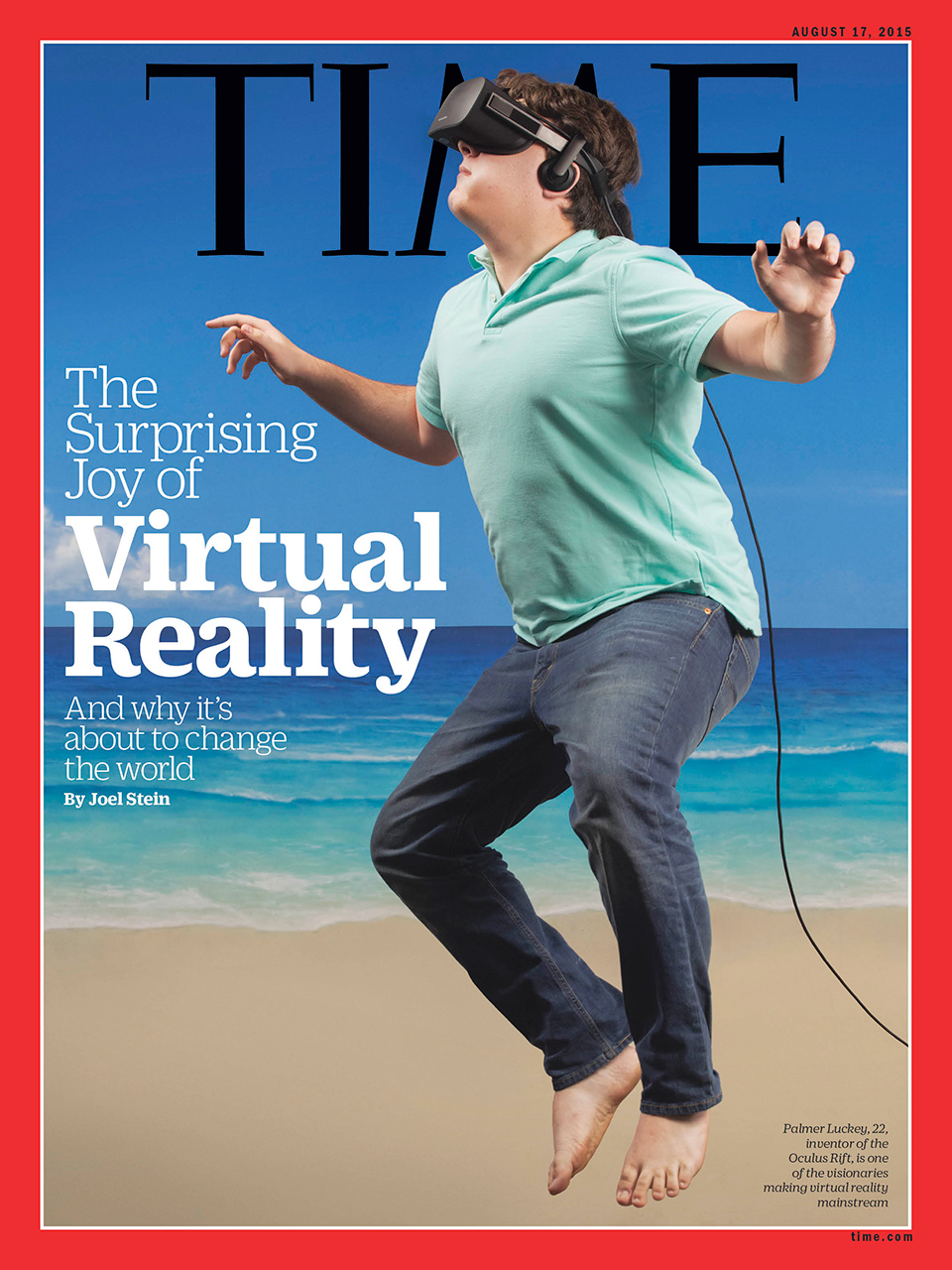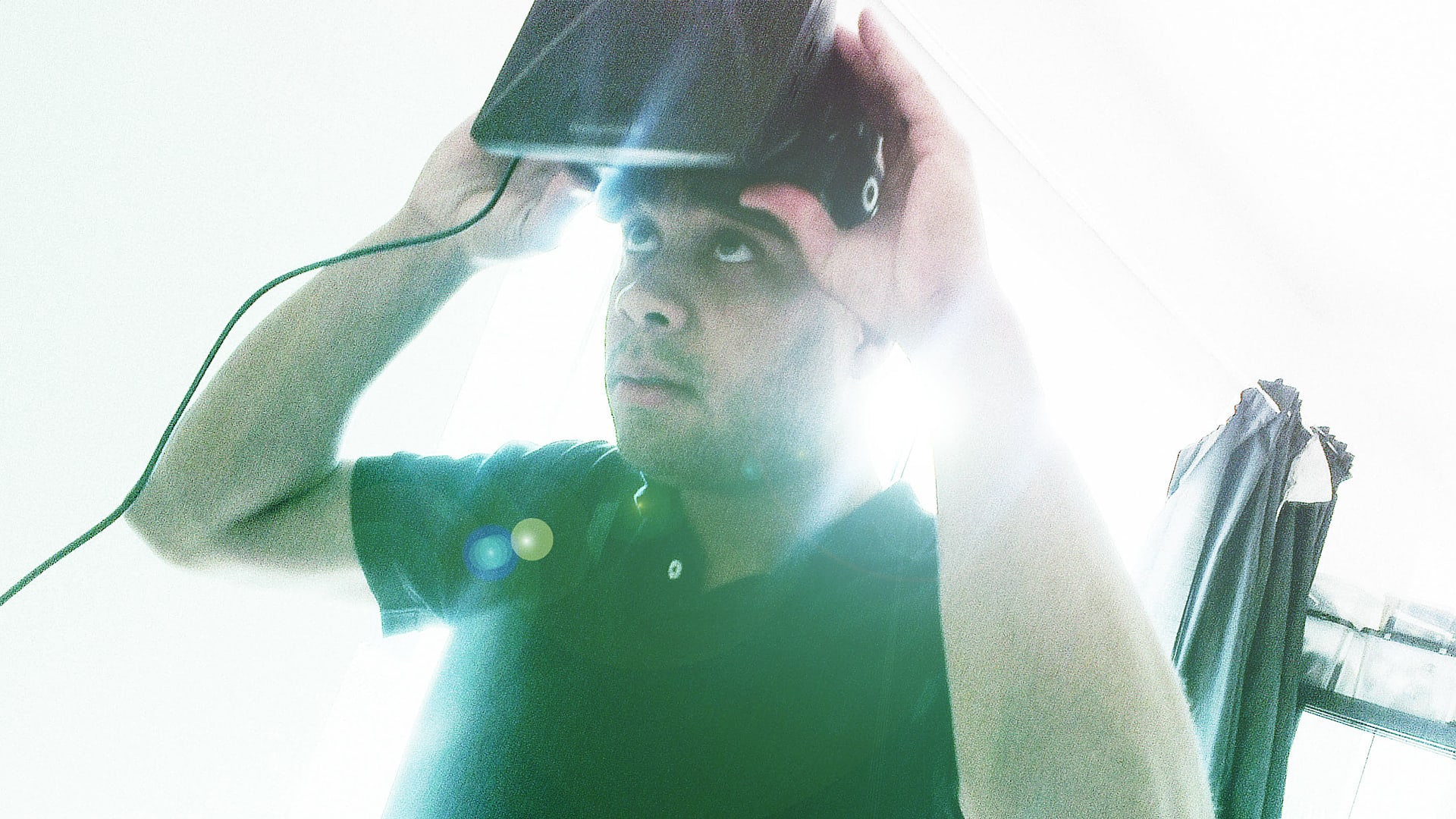Coming off the highs of the Oculus Rift’s grand unveiling and the general coming-out party that was this year’s Electronic Entertainment Expo, it seemed like virtual reality (VR) was going to ride an unstoppable wave right into Q1 of 2016.

But then….Time magazine put Palmer Luckey on its cover and the punch lines started flying.
Although the magazine doesn’t have the sway to drastically affect VR’s future one way or another, the cover was still indicative of a problem the devices could face. It presents Luckey in a, let’s say, less than flattering light–the Oculus founder is pictured wearing the Rift, head tilted skyward, leaping barefoot against the backdrop of a terrible motivational poster-like image of a generic beach. It was an image that launched a thousand Photoshop memes and, coupled with writer Joel Stein’s insistence on painting Luckey with the usual “eccentric gamer nerd” tropes, seemed to reduce the whole endeavor to a snarky joke.
But filmmaker and industry activist Lexi Alexander quickly took to Twitter to express not mockery, but her concern. Concern that this type of knee-jerk response coupled with ingrained Hollywood and video game industry thinking had the potential to force VR into an unflattering identity before it’s had the chance to grow one for itself–at least in the eyes of the general public who likely won’t wait until a hands-on to form their opinion, like those in the industry.
“They are going in the Google Glass ‘glassholes’ direction and they are going to alienate people,” Alexander told Fast Company. “Maybe [Luckey] didn’t deserve that cover, but I see the sentiment like, ‘Oh, those Silicon Valley guys buying up all of San Francisco now have a new toy. And it’s a little bit his fault, for not saying, ‘No, no, this is important’.”
“We have to quickly, quickly change the narrative.”
While most people will likely get their first taste of VR through video games, Alexander was introduced to the technology while shooting a VR project for G-Technology and Reebok. It was then that she realized she was stepping into the tech equivalent of new snow.
